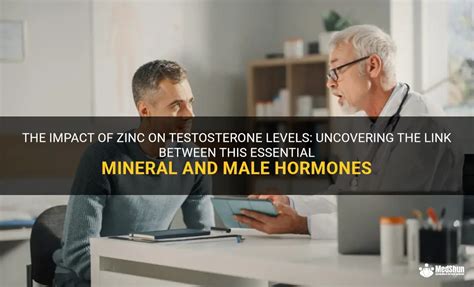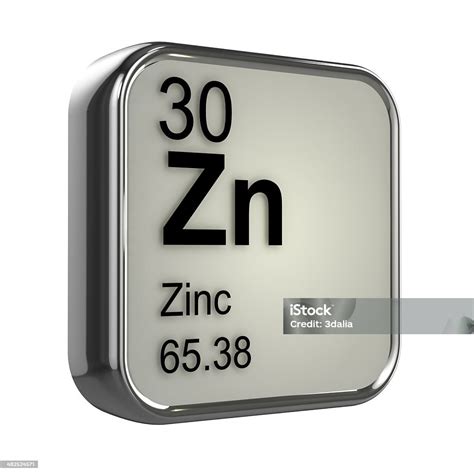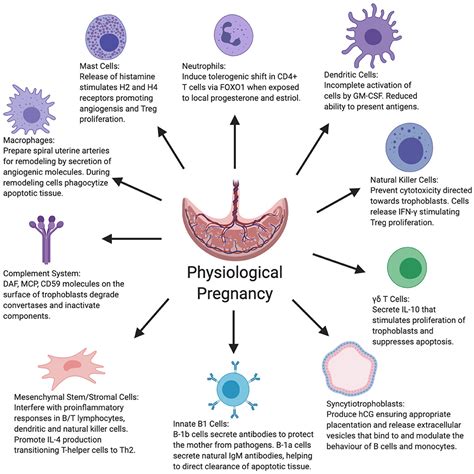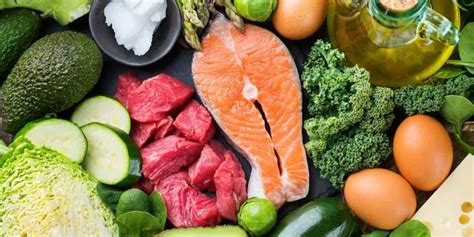What often overlooked trace mineral is crucial for men’s testosterone production and immune system function?

The Unsung Hero: Why This Trace Mineral Matters for Men
In the vast landscape of nutrition, some nutrients stand out for their widespread recognition, while others, equally vital, often operate behind the scenes. For men’s health, particularly concerning testosterone production and immune system resilience, there’s one such overlooked trace mineral that plays an absolutely crucial role. It’s not always discussed in the same breath as protein or vitamins, but its impact is profound and far-reaching.
This article delves into the significance of this essential nutrient, highlighting why it’s a cornerstone for male vitality and how ensuring adequate intake can significantly benefit overall well-being.

Unveiling the Powerhouse: Zinc
The mineral in question is Zinc. Though required in small amounts (hence ‘trace’ mineral), zinc is a cofactor for over 300 enzymes, meaning it’s essential for their proper function. These enzymes are involved in a myriad of metabolic processes, from DNA synthesis and cell division to protein synthesis and wound healing. Its ubiquity in cellular processes makes it indispensable, especially for systems that demand high levels of cell turnover and signaling, like the endocrine and immune systems.
Zinc’s Pivotal Role in Testosterone Production
For men, zinc’s connection to testosterone is particularly significant. Studies have consistently shown a correlation between zinc deficiency and reduced testosterone levels. Here’s how zinc contributes to healthy testosterone production:
- Hormone Regulation: Zinc is involved in the regulation of luteinizing hormone (LH) from the pituitary gland, which signals the testes to produce testosterone.
- Aromatase Inhibition: It helps to inhibit the enzyme aromatase, which converts testosterone into estrogen. By limiting this conversion, zinc can help maintain higher free testosterone levels.
- Receptor Sensitivity: Zinc may enhance the sensitivity of androgen receptors, allowing the body to utilize existing testosterone more effectively.
Even mild zinc deficiency can lead to a drop in testosterone, emphasizing its importance for male endocrine health.

Fortifying the Immune System with Zinc
Beyond hormones, zinc is a cornerstone of a robust immune system. It plays a critical role in the development and function of immune cells. Without adequate zinc, the immune system can become compromised, making the body more susceptible to infections and inflammation.
- T-cell and B-cell Development: Zinc is essential for the normal development and function of T-lymphocytes (T-cells) and B-lymphocytes (B-cells), which are key players in adaptive immunity.
- Antioxidant Properties: It acts as an antioxidant, helping to reduce oxidative stress and inflammation, which can otherwise impair immune function.
- Wound Healing: Zinc is vital for skin integrity and wound healing, providing a strong first line of defense against pathogens.
A deficiency in zinc can lead to impaired immune responses, increased susceptibility to infections (e.g., common cold, flu), and prolonged recovery times.

Recognizing Signs of Zinc Deficiency
Given its widespread roles, a deficiency in zinc can manifest in various ways. Common signs include:
- Lowered immunity, frequent colds, or infections.
- Reduced sense of taste or smell.
- Slow wound healing.
- Hair loss.
- Skin issues like acne or eczema.
- Low libido or fertility issues in men.
- Fatigue and lack of energy.
While testing for zinc levels can be done, symptoms often provide the first clue. Certain groups, such as vegetarians, vegans, older adults, and individuals with certain gastrointestinal disorders, are at a higher risk of deficiency.

Ensuring Adequate Zinc Intake
The best way to ensure sufficient zinc intake is through a balanced diet. Excellent dietary sources of zinc include:
- Red Meat: Beef, lamb, and pork are rich sources.
- Shellfish: Oysters are exceptionally high in zinc; crab and lobster are also good sources.
- Legumes: Chickpeas, lentils, and beans provide zinc, though plant-based zinc is less bioavailable due to phytates.
- Seeds and Nuts: Pumpkin seeds, cashews, and almonds.
- Dairy Products: Milk, cheese, and yogurt.
- Eggs: A moderate source.
- Whole Grains: Oats, quinoa, and brown rice.
If dietary intake is insufficient, supplementation can be considered, but it should ideally be guided by a healthcare professional, as excessive zinc intake can also lead to adverse effects, including copper deficiency.

Conclusion
Zinc, the often-overlooked trace mineral, is undeniably crucial for men’s health, playing a central role in both testosterone production and robust immune system function. Its involvement in hundreds of enzymatic reactions underscores its fundamental importance to almost every aspect of physiological well-being. By understanding the significance of zinc and ensuring adequate intake through diet or targeted supplementation, men can proactively support their hormonal balance, strengthen their defenses against illness, and contribute significantly to their overall vitality and quality of life.








